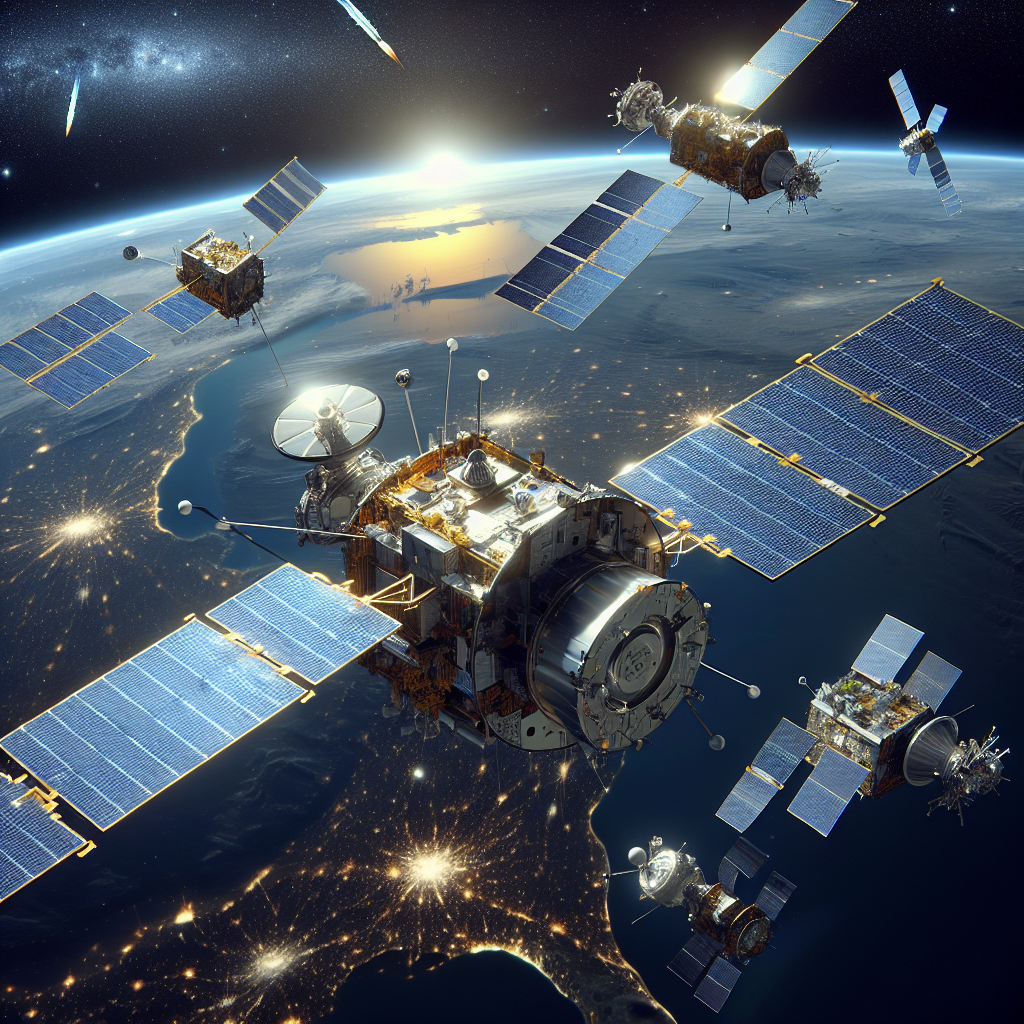Space Junk Crisis: Urgent Calls for Global Coordination
The increasing number of satellites and space debris threatens the usability of low Earth orbit. An urgent global call for cooperation and shared data management is issued following a United Nations panel. Amazon pilots an AI-designed carbon removal material, while China's Antarctic monitoring aims at climate response. New research confirms Venus never had oceans.

The rapid surge in satellites and debris in Earth's orbit poses a significant threat, with experts warning of the potential unavailability of low Earth orbit if cooperation and data sharing are not prioritized. A United Nations panel emphasized the urgent need for a global database of orbital objects and an international management framework.
In an innovative move, Amazon plans to test a novel AI-designed material aimed at reducing carbon emissions from its data centers. This initiative, stemming from a collaboration with the AI startup Orbital Materials, was announced by CEO Jonathan Godwin.
Meanwhile, China has inaugurated its first atmospheric monitoring station in Antarctica, marking a step towards understanding climate change impacts. Concurrently, new research has settled the debate on Venus's history, revealing that the planet never had oceans, as its interior remains extremely dry.
(With inputs from agencies.)
ALSO READ
Typhoons, Hurricanes, and the Climate Change Conundrum
Fueling the Fury: How Climate Change Supercharges Atlantic Hurricanes
Bosnia and Herzegovina Needs $6.8 Billion Investment to Combat Climate Change and Secure Economic Stability
Science Headlines: From Climate Change and SpaceX to Human Cell Atlas
Nature-Based Solutions: The Key to Tackling Climate Change










